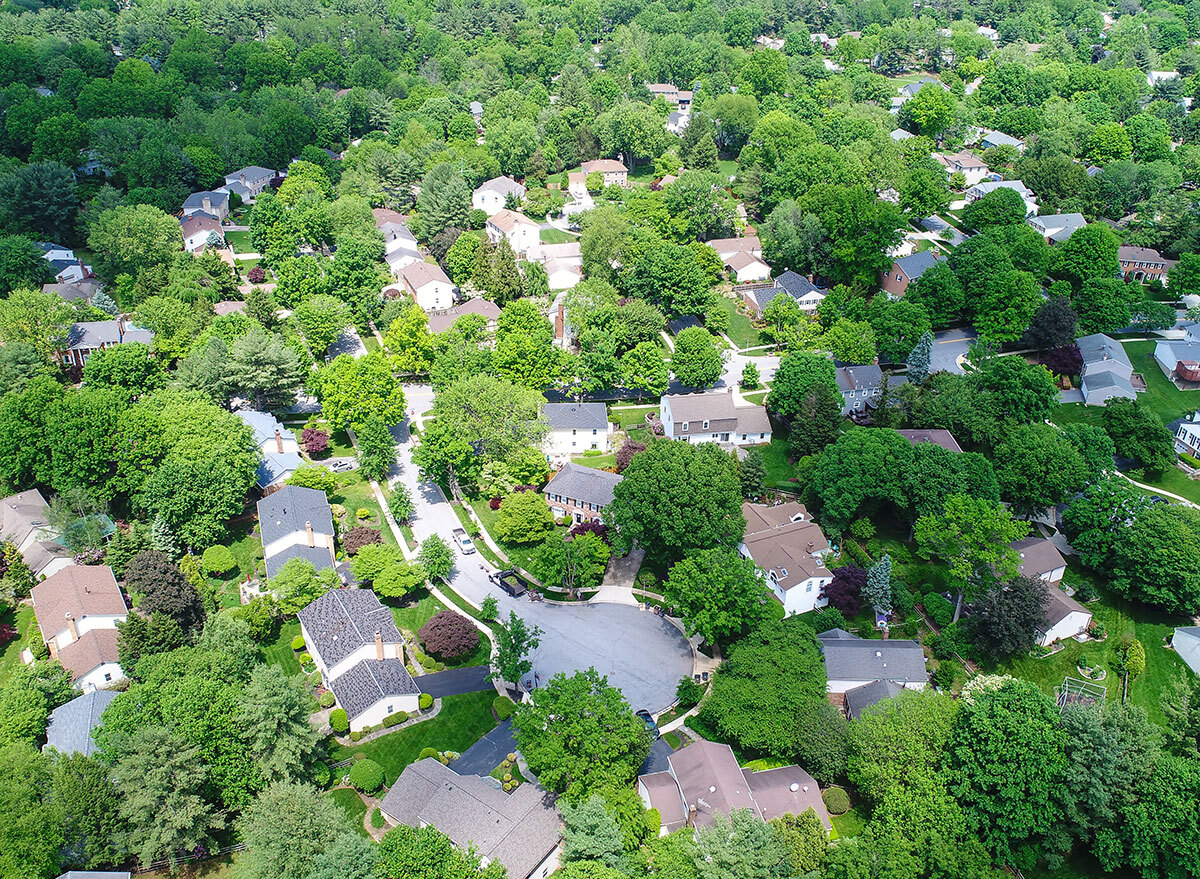Your neighborhood has a huge impact on what you eat
A new study connects the socio-economic status of your region in your diet.

You have heard before you are what you eat. But, according to a new Finnish study,You also eat where you live. The study-calledThe neighborhood affects the health of food choices-From the University of Turku to Finland spent six years reviewing the impact of its district on their diet. Essentially, researchers have sought to find a correlation between the overall socio-economic status of where a person lives and adhere to national food recommendations, such as eating a sufficient amount of vegetables and maintaining the consumption of low sugar. What they have noted puts into question its ability to eat healthy when there are financial restrictions and less easily available access to fresh and nutritious foods.
Who has been involved in the study and how did it work?
More than 16,000 adults in Finland participated in this study. They were responsible for registering their eating habits in a short investigation. Researchers then analyzed the responses of topics compared to national food recommendations. They also identified the socio-economic status of each participant's neighborhoods by drawing on the median household income rate, at the level of education and the resident unemployment rate. During the six-year study, half of the participants lived in the same neighborhood, while the other half moved into a richer or less rich neighborhood.
What did the researchers have discovered?
The results were clear: people living in a neighborhood with a lower socio-economic status did not eat as well as those living in a richer neighborhood. The types of foods that both groups have declared eating were drastically different from the nutritional value.
Those who lived or moved to a rich neighborhood reported having eaten more expensive food products, including sausages, meat, fish and vegetables, which were all considered nutrient selections. Those who lived or moved in the poorest neighborhoods, however, said they have eaten bigger quantities of black bread and drank more alcohol.
It is interesting to note that, however, there was no correlation between the consumption of fruit and socio-economic status.
So, what does it boil up to?
Of course, access to specific foods also depends on the location. The less rich neighborhoods could not be as close to the markets selling healthier food options.
The main author of the study, Document Hanna Lagström, said that the findings imply that "neighborhoods can offer a very different selection of food products and therefore reduce the possibilities of improving their diet or to follow the recommendations".
Although there are few things that can be done on the prohibitivity of the costs of some healthier food products, if you are traveling further, it is necessary to get a balanced diet, it could be worth it.


